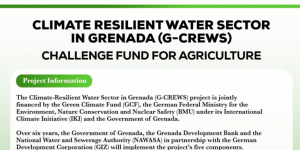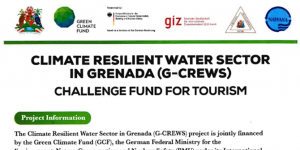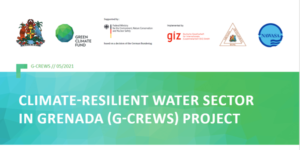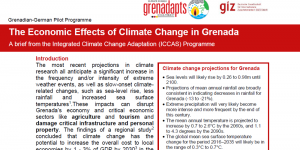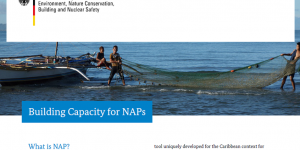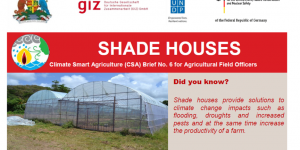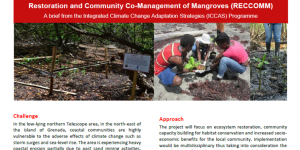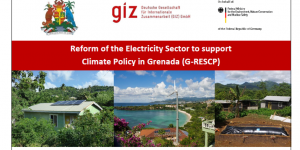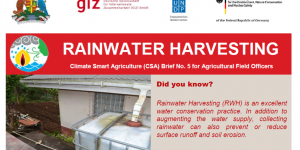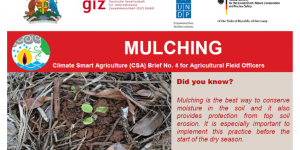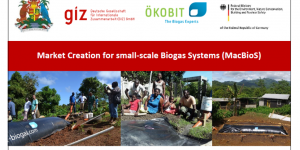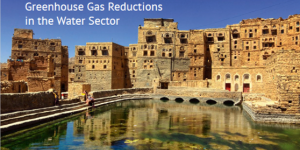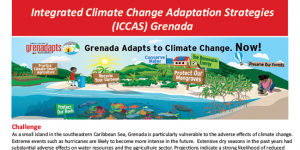Access: Official
Type: Fact Sheets
Description
Grenada, a small island developing state (SIDS), is especially vulnerable to the effects of climate change. Climate change refers to significant changes in global temperature, precipitation, wind patterns and other measures of climate that occur over several decades or longer. Greenhouse gases from human activities are the most significant driver of observed climate variation. The major greenhouse gasses to consider are: Carbon dioxide, Methane, Nitrous oxide and Fluorinated gases. Carbon dioxide, for example, is emitted primarily through the burning of fossil fuels (oil – used to produce energy used in homes, gas and diesel used for motor vehicles or to produce electricity, etc.) and other organic materials. Changes in land use also play a role. Deforestation and soil degradation add carbon dioxide to the atmosphere, while forest regrowth takes it out of the atmosphere. One of the impacts threatening Grenada is a reduction in rainfall, leading to potential water shortages. As the climate changes, the construction industry in Grenada should be aware of its potential impact and make changes in the construction culture to reduce these impacts. That would entail designs to reduce greenhouse gas emissions and water usage. To accomplish this, better knowledge with respect to materials and practices is imperative; as is improved planning, analysis and supervision in the execution to ensure the plans are implemented as per design requirements. Therefore from the onset we must ask ourselves: How can energy and water efficiency be improved?


